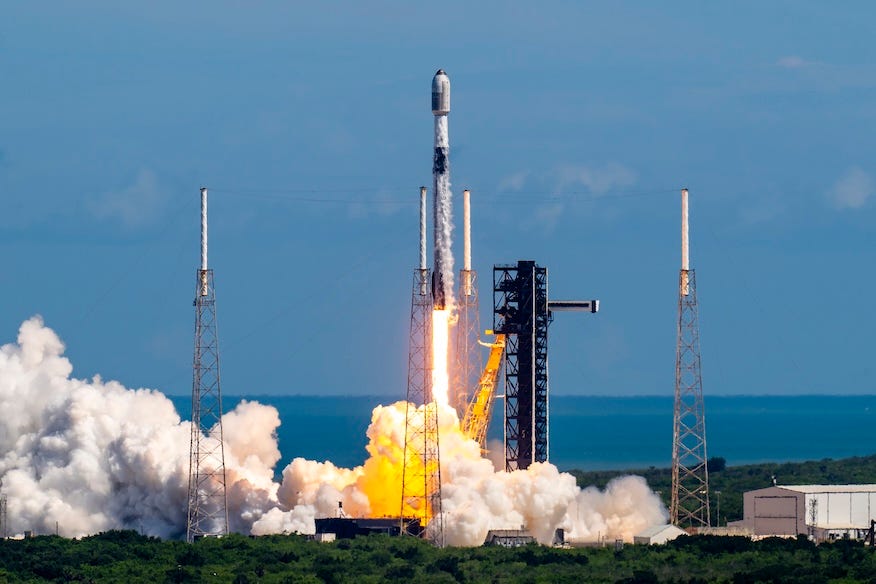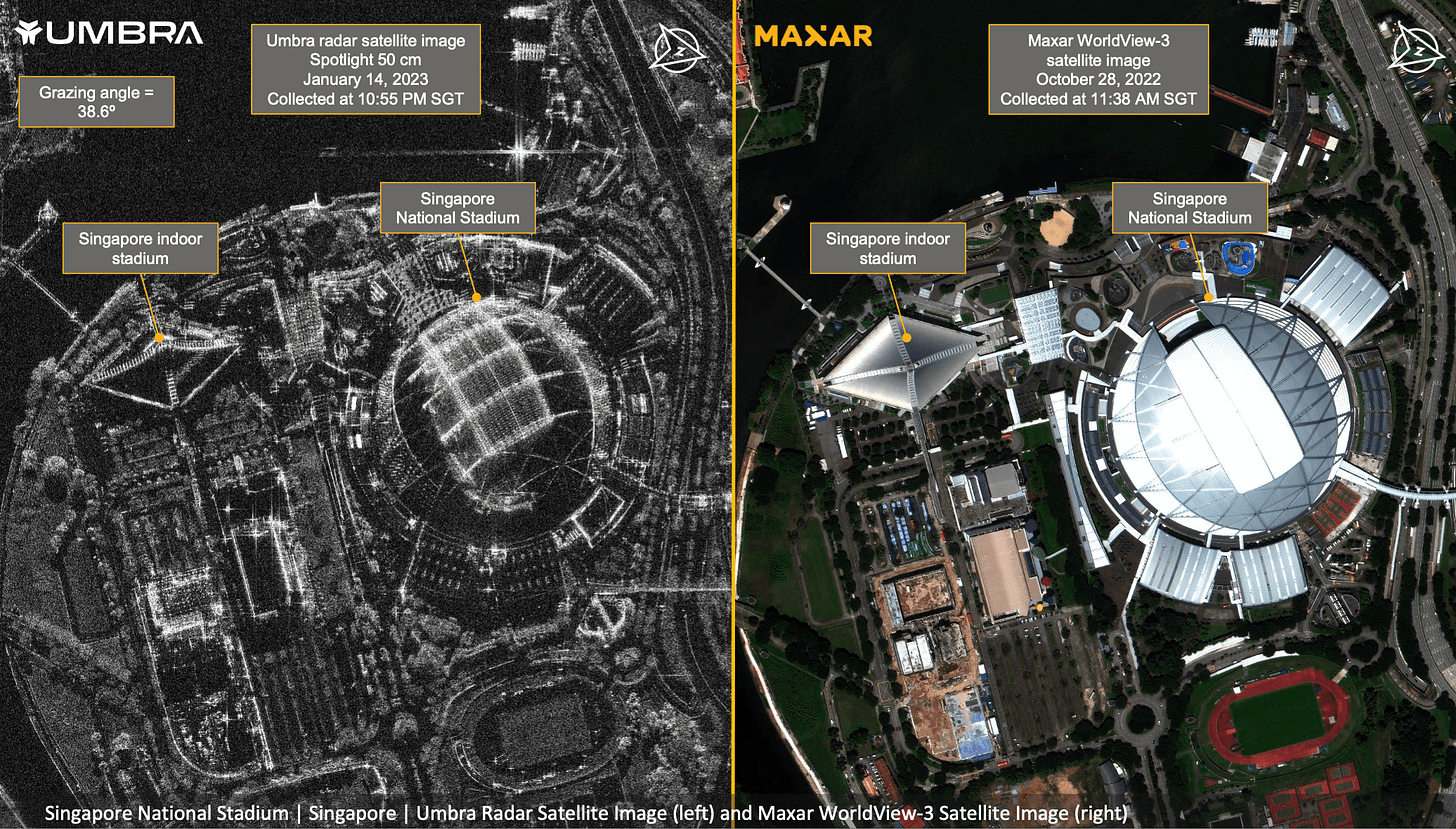Hello folks,
I has been speaking a the GCSP event called “Militarisation of Space and the Private Sector’s Expanding Role” in Geneva last week. They will eventually publish the video, and I will include it in my next newsletter, but in the meantime I’ve decided to share my remarks on the Russian perspective. Originally I’ve thought about submitting some sort of an op-ed, but Substack is kind of an outlet of its own these days, so enjoy, and feel free to react and respond!
First, space militarization never stopped. It is natural for private sector to pursue military contracts as those are offering more money for greater periods of time. However, it comes with a price, and more on this later.
I suggest to briefly look at six provisional baskets of relevant activities in space domain.
1) Launch services (SpaceX and others). It is the most straightforward area, and the one that probably laid the foundation for the current exponential growth of mega-constellations. Russia is lacking such capabilities, but there seems to be growing demand for launch services, so things might change. China, on the contrary, have plenty of private launch providers, however most of them has, well, very much governmental heritage.
2) Communication services (Starlink, OneWeb, Bureau-1440, Chinese providers). I believe the most important trends here are that the private actors managed to develop a significantly better solution compared to what the militaries were working on, but also that with Starlink there is an ongoing process of separating military and non-military services, I mean that Starshield thing. Also, if we take a step from military security to general state security, such services might be used to overcome state control over information. I am not saying that it is something good or bad per se, but it is a very real point of contestation.
3) Space situational awareness (LeoLabs and others). Well, now we have no state monopoly on seeing and assessing the happenings in space. Of course, we’ve had a community of people surfing radio waves and carefully looking into telescopes for decades, but now it is a whole another level. And what might be even more important, commercial actors are not shy to shed light on what the perceive as troubling activities by military spacecraft of selected countries. More balance would be most welcome.
4) Earth imaging (Maxar, UMBRA, IceEye, assorted Chinese providers, etc.). Well, this is what most people like to look at these days, and it can and is being used for propaganda and activities that can amount to espionage. Again, there is a lack of balance here, some areas are never publicized. The most troubling dynamic here is the increased involvement of private contractors in the provision of real-time ISR capabilities and even tracking of the mobile targets. Again, eventually it brings those contractors in the crosshairs. In Russia we are at the early stages of the development of this market, and most private companies are mostly engaged in reselling satellite images and providing data analysis, however there are some projects in developing their own satellites and constellations.
5) On-orbit servicing (Astroscale, ROGUE, etc.) might eventually become a rather disruptive capability. Unlike some other areas of space activities, it seems that governmental and military agencies are delegating the development of such capabilities to private actors and looking how will it work out. Refueling, repairs, orbit maneuvers – all this stuff is very interesting and can be both malign and benign.
6) General architecture of space capabilities, i.e. for early warning, space control or missile defense (Castelion, Anduril and others). Here comes the less material and observable, but still very important part. Personally, I was extremely surprised when I’ve seen reports that US commercial actors are providing solutions with elements of artificial intelligence to establish links between legacy and future early warning assets. Probably such support will be a part of the US Golden Dome initiative – effectively bringing the private sector inside one of the most important strategic stability factors.
We are also rapidly approaching a situation of private companies offering development, deployment and operations of actual space weapons, not some dual-use capabilities. A good example is the “Interceptor” project by a French Dark startup.
The important part of the equation is a provision of any space services by a company from country A for the military actors of country B (or even non-state military actors). If this state or non-state militants are engaged in a conflict with (or within) country C that might lead to hostilities not only between country C and the commercial actors, but also to an interstate conflict. So, this is the ultimate price, or rather ultimate costs of the private sector engagement in military activities. Today it looks like many commercial actors are painting a target mark on their backs without fully understanding the implications.
Simultaneously, while it is not the case now, the overreliance of military services on commercial infrastructure gives room to significant vulnerabilities, and eventually might undermine due contracting process, etc.
I would also like to draw your attention to one more quiet troubling possibility.
First, let me remind you about that famous case with major US company selling their technology for precision satellite deployment to China, which eventually, per US sources, contributed to the breakthrough in the Chinese MIRV capability for ICBMs.
Now, imagine a space launch startup with good rocket-building expertise and some know-hows, which runs into debt, loses investments and overall going to sink – and then suddenly some gentlemen, or ladies, come with a big bag full of money offering to buy their technology, or even hire them, to develop a long-range ballistic missile capability for undisclosed operators. Given the very, extremely sad state of the Missile Technology Control Regime such a scenario seems quite real.
My final point would be that not long ago in many countries private companies were very much involved in the development and even proliferation of sophisticated military capabilities, so we are kind of getting back to normal.
Not that it will make anyone safer.











